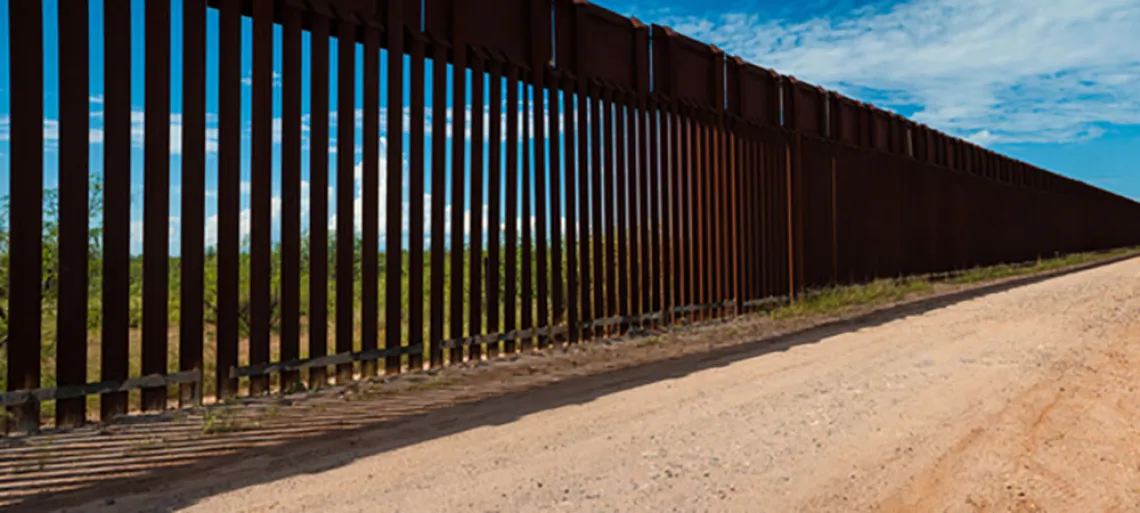BORDERS Receives DHS Funding to Study Unauthorized Immigrant Recidivism

BORDERS, a Department of Homeland Security (DHS) Center of Excellence Emeritus at the UA, has been awarded $455,000 to conduct an empirical survey of recidivism and intentions for unauthorized immigrants who have been apprehended.
Despite a concentration of resources along the southern border, the total number of unauthorized individuals who attempt to cross is unknown. By using a survey to gather information from apprehended crossers, researchers can estimate rates of unauthorized border crossing, recidivism, and intent to cross in the future.
Elyse Golob, executive director of BORDERS, is principal investigator on the new survey. She and co-principal investigator Claudia San Miguel of Texas A&M International University aim to follow up and expand upon a 2013 report in which UA researchers surveyed 1,000 apprehended unauthorized immigrants in the Tucson sector. That study, one of the first to gather empirical data about unauthorized immigrants during processing, offered insights for policy makers and law enforcement on border crossers’ motivations and future intentions.
The new survey will shed light on the dynamics of the crossing experience, including why people cross, how they decide where to cross, smuggler costs and contracts, trip characteristics, and hardships. Golob pointed out that there is virtually no data on some of those areas. “The new study will also survey ‘other than Mexican’ detainees, including those from Central America,” she said. The data will be collected in South Texas. “That region has seen a substantial increase in apprehensions in recent years.”
The researchers say that this empirical data will inform better policy decisions, such as understanding how to more effectively deploy Border Patrol resources based on where and why individuals choose to cross, developing policies and programs that will deter individuals from crossing in the first place, and refining consequence systems that will deter repeat offenders.
BORDERS is one of ten partners on a DHS-funded and University of Houston-led consortium focused on borders, trade, and immigration research. In addition to collaboration with the University of Houston Center of Excellence, BORDERS provides scientific knowledge, develops technologies and techniques, and evaluates policies to meet the challenges of border security and immigration in both the U.S. and internationally.
Top image of U.S.-Mexico border in Arizona courtesy Shutterstock.

